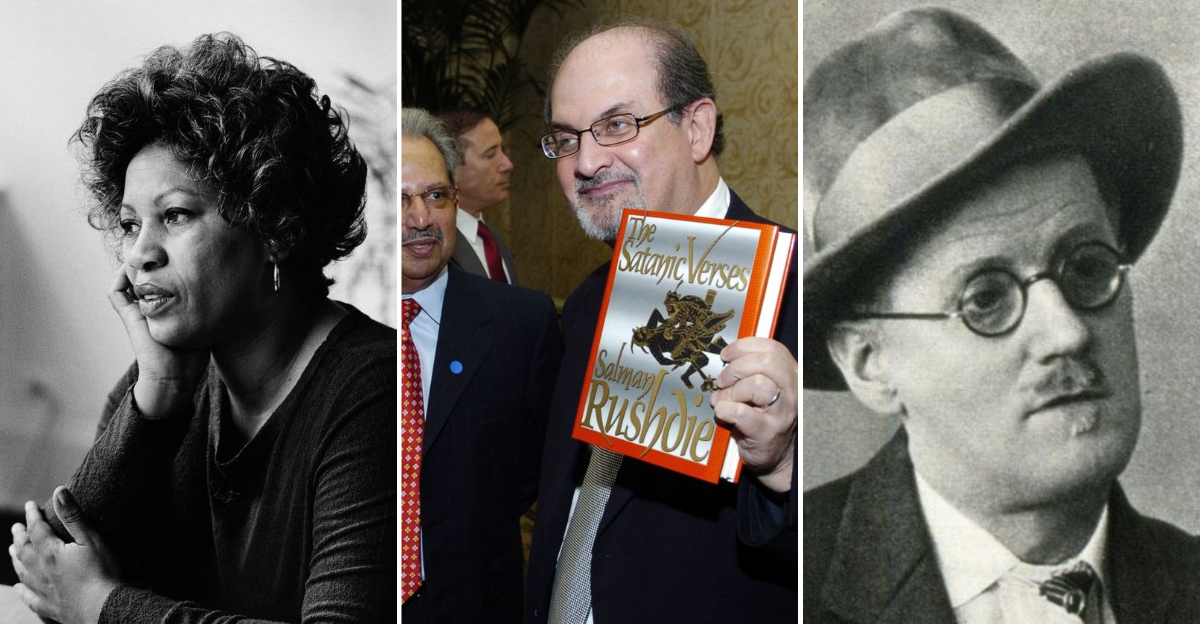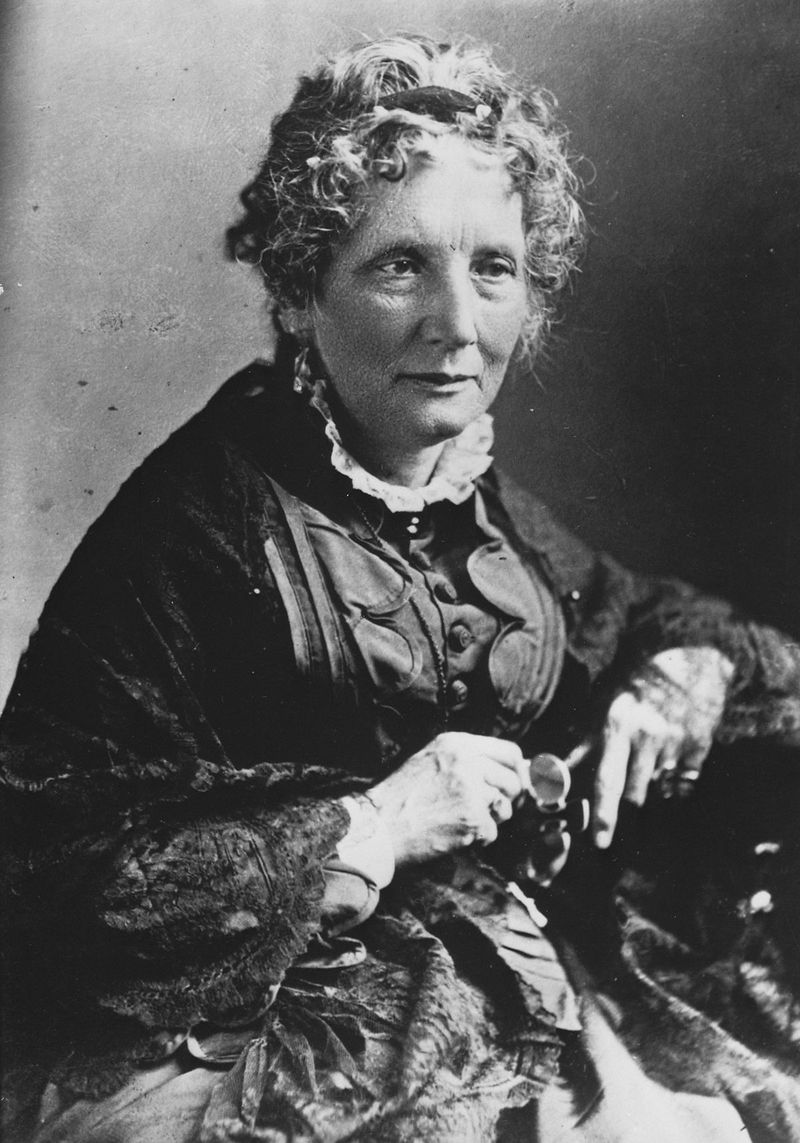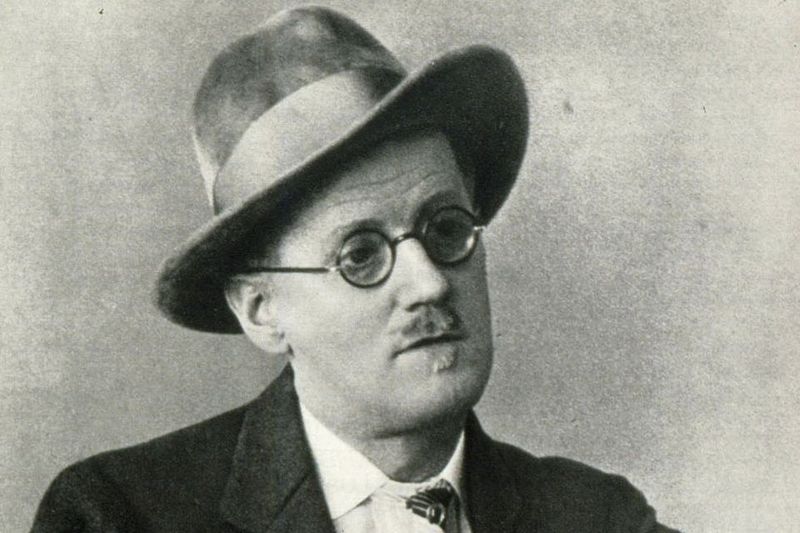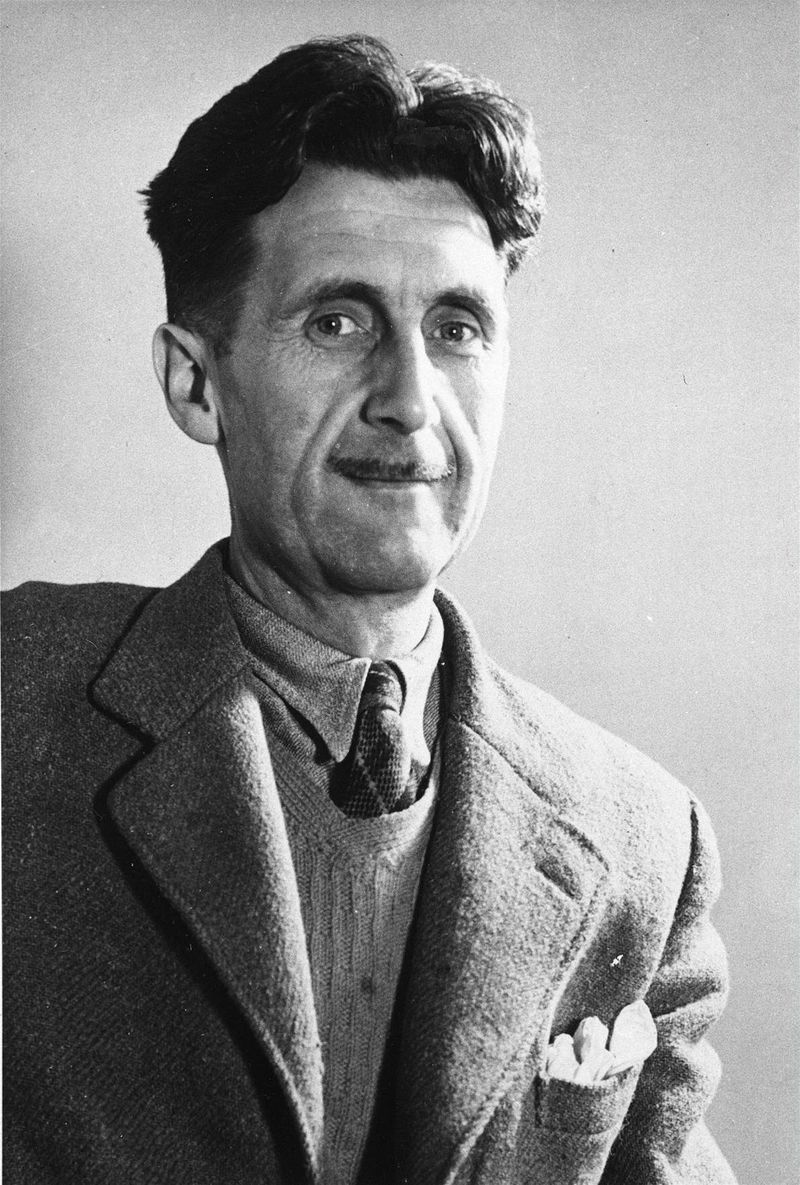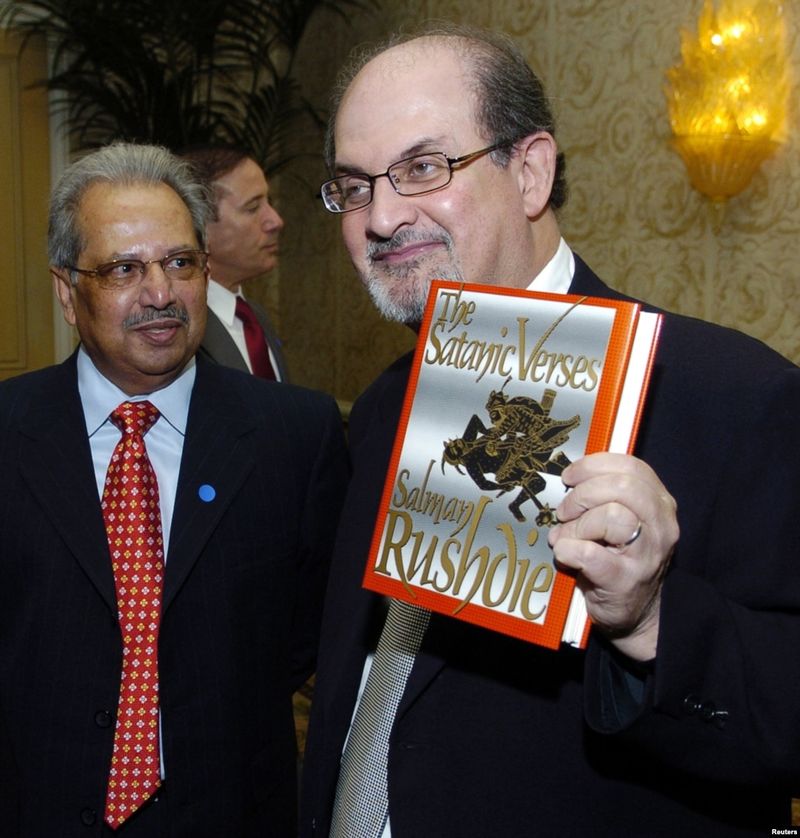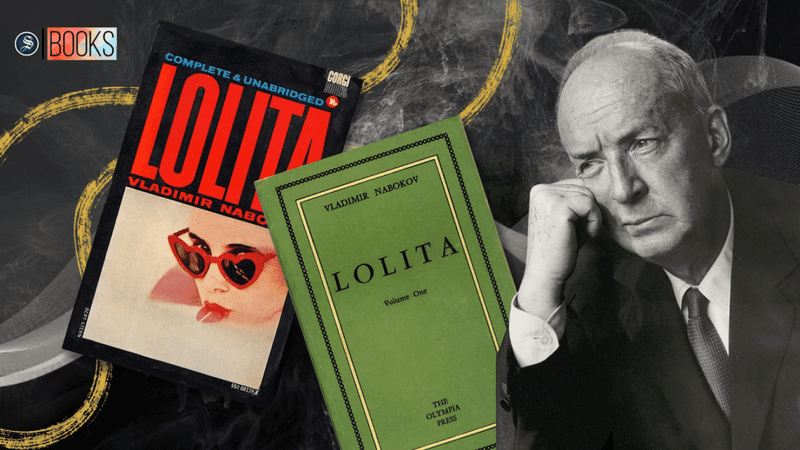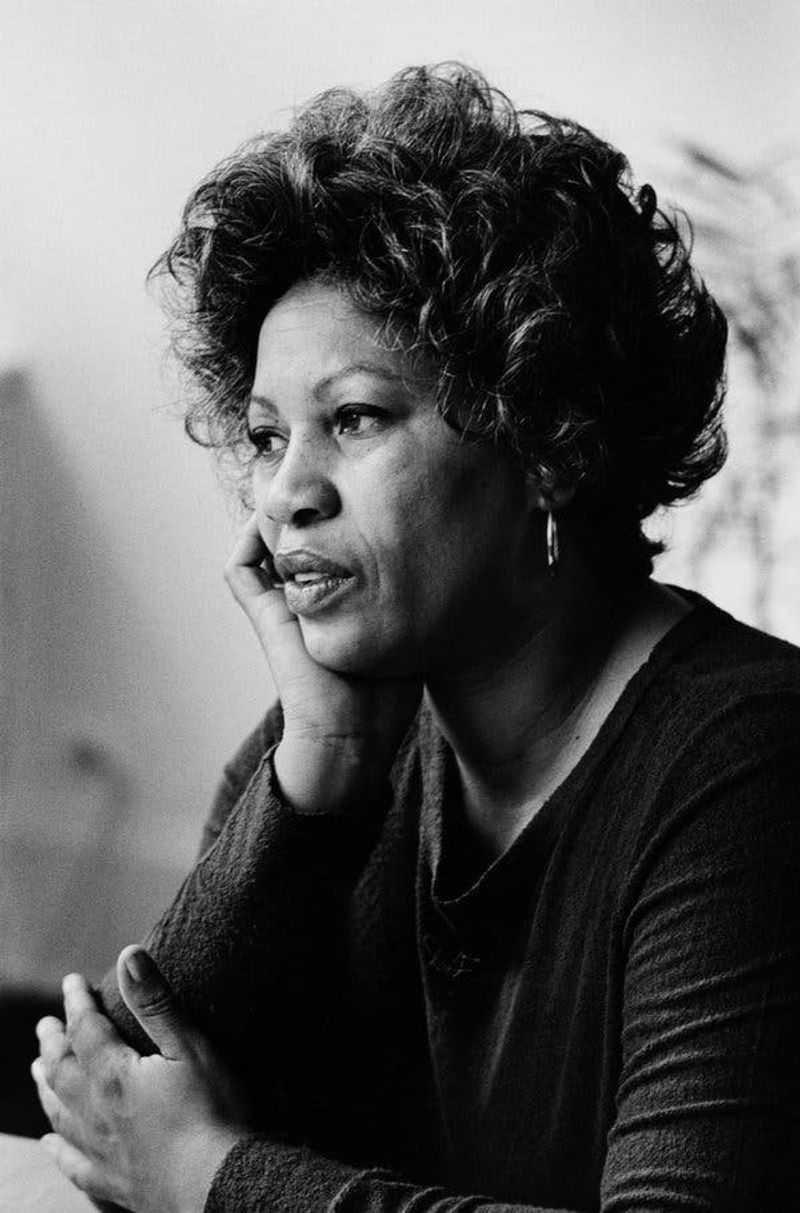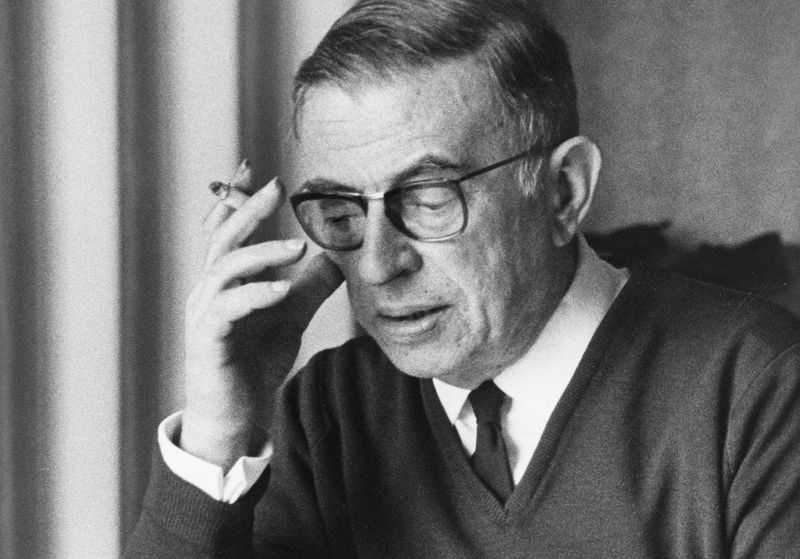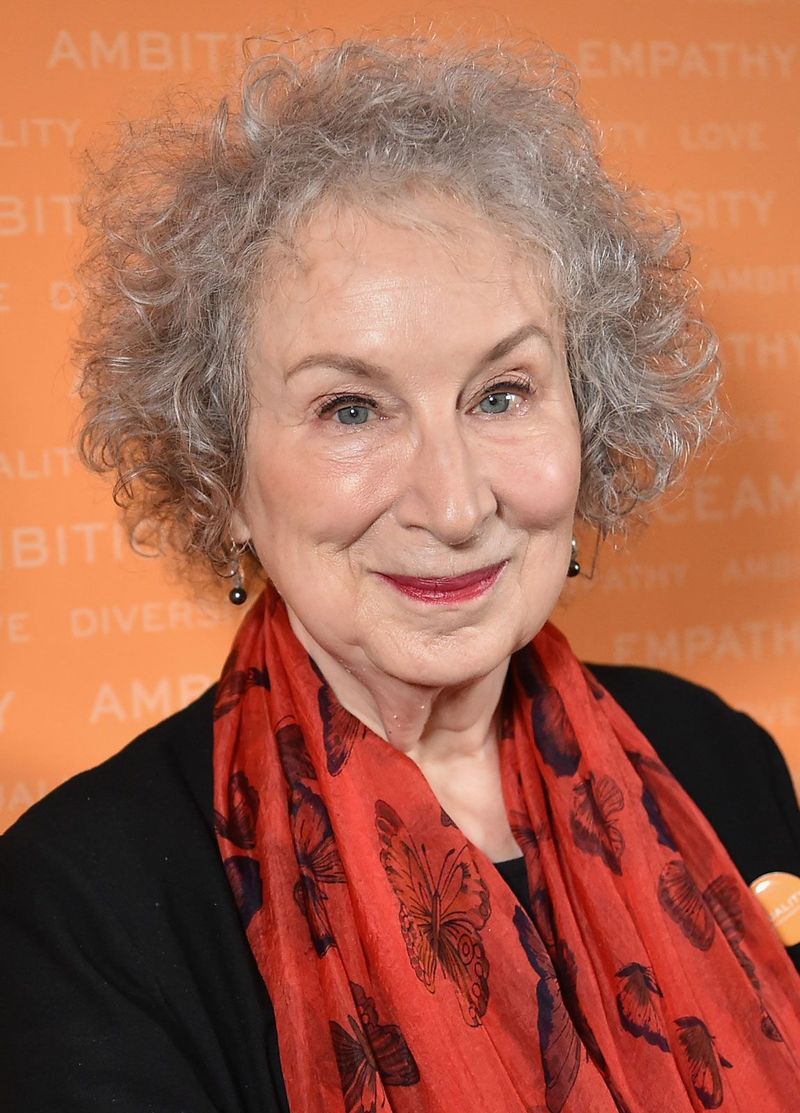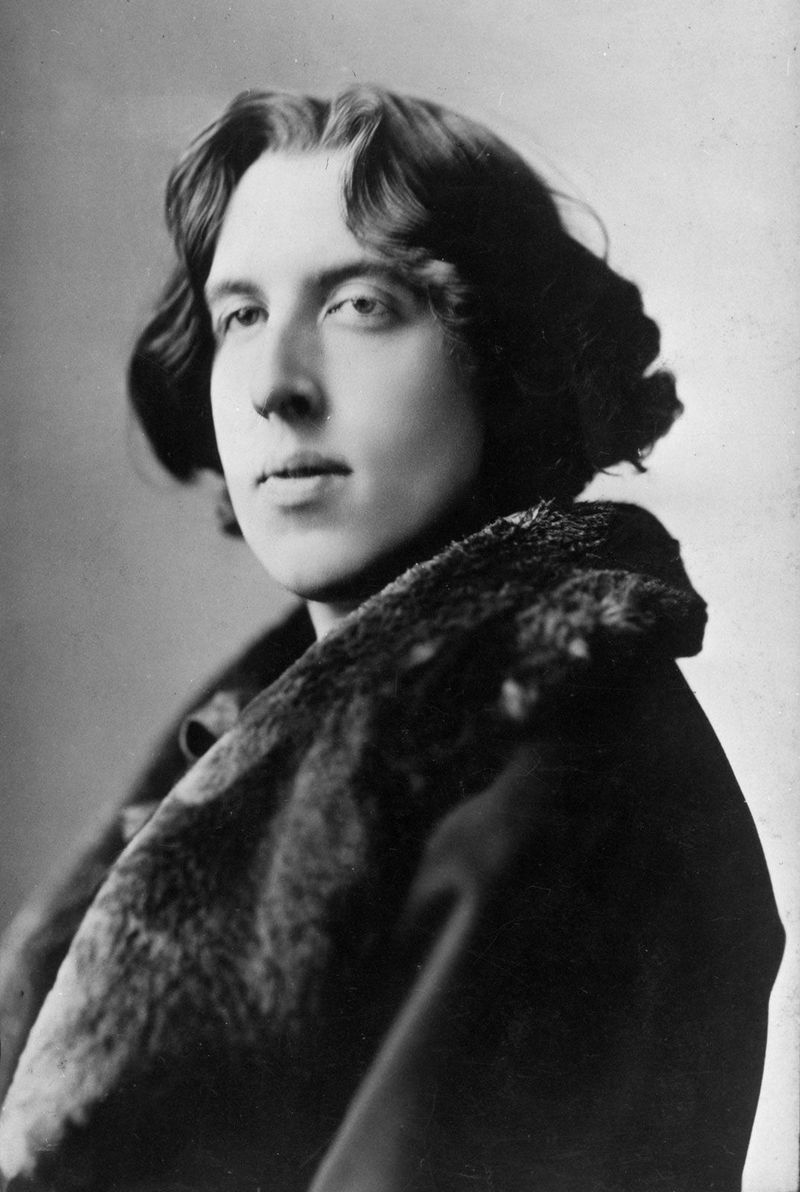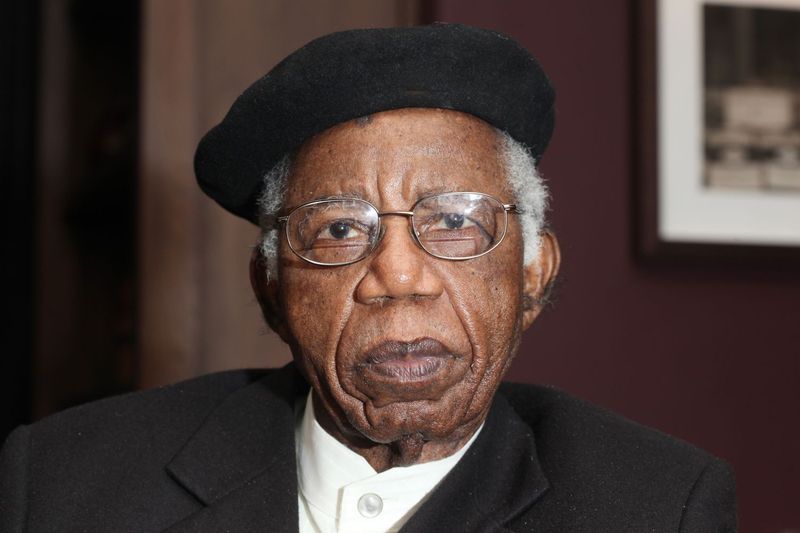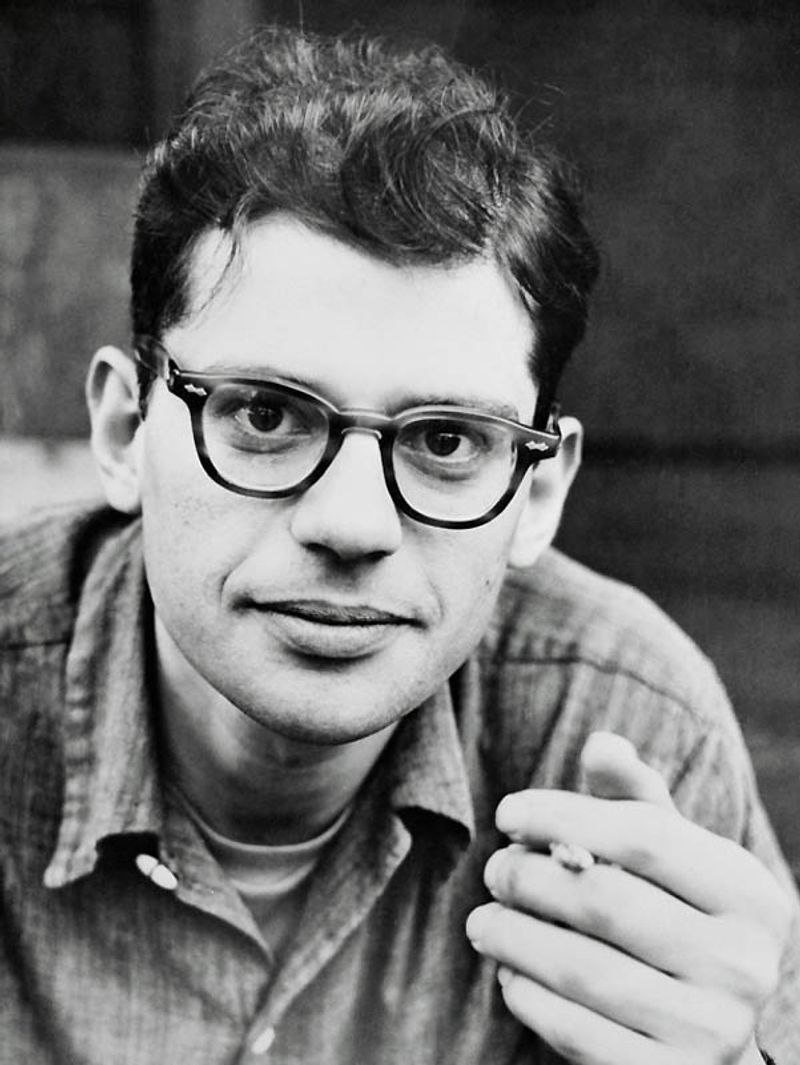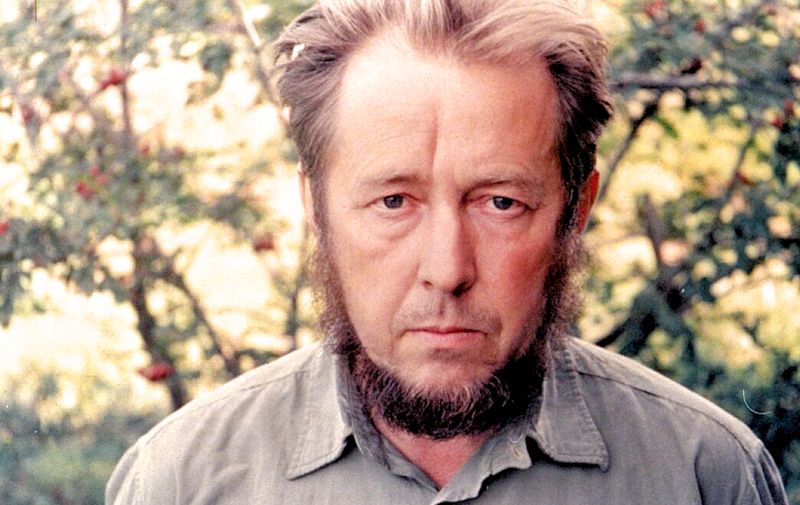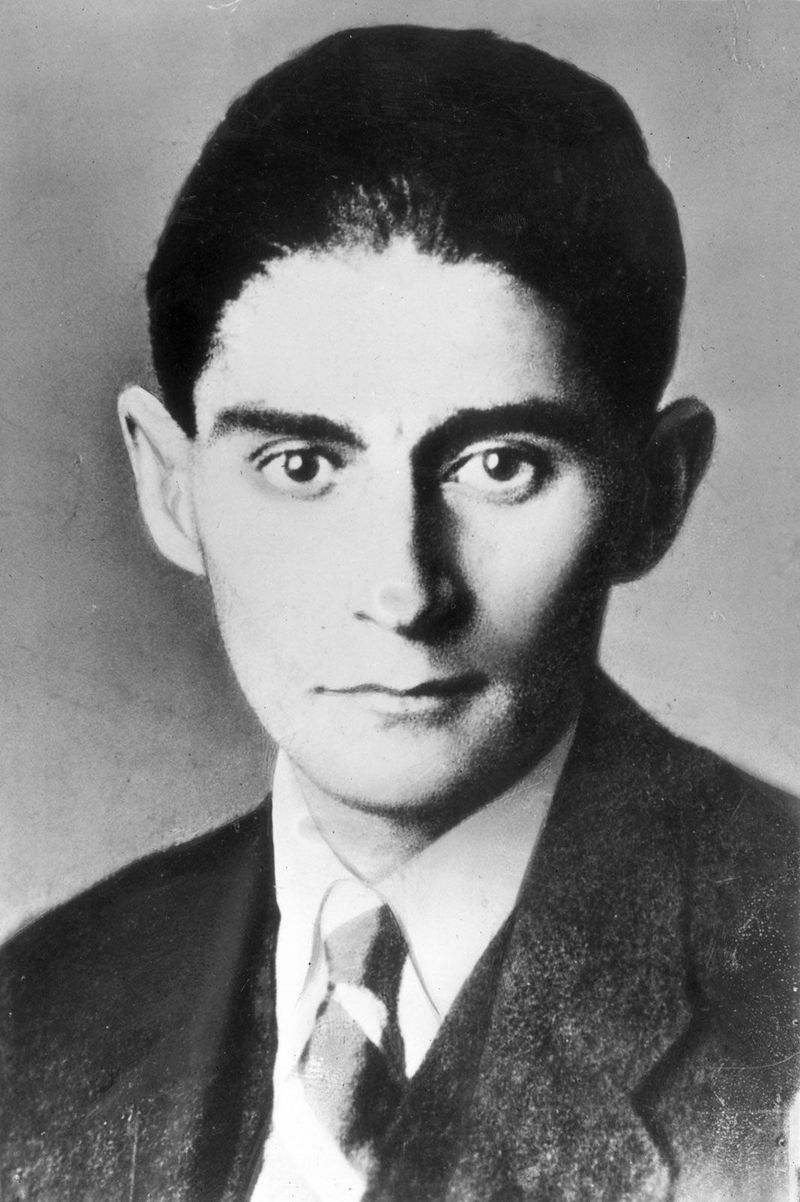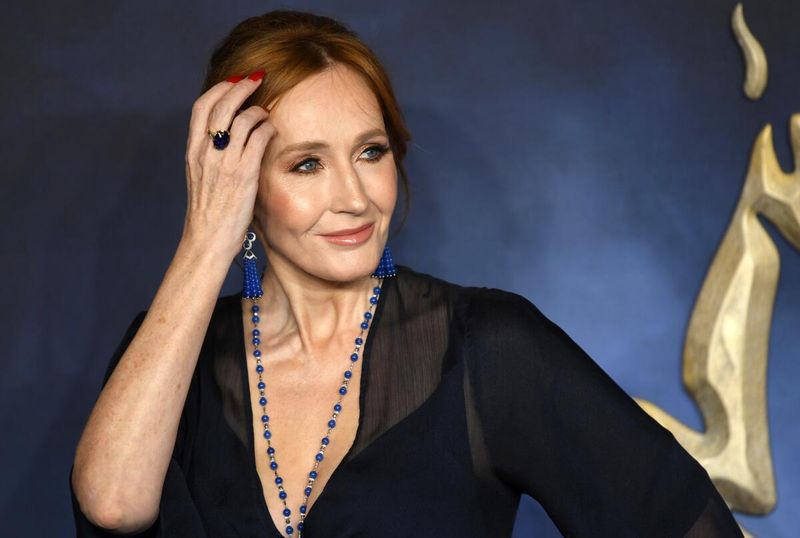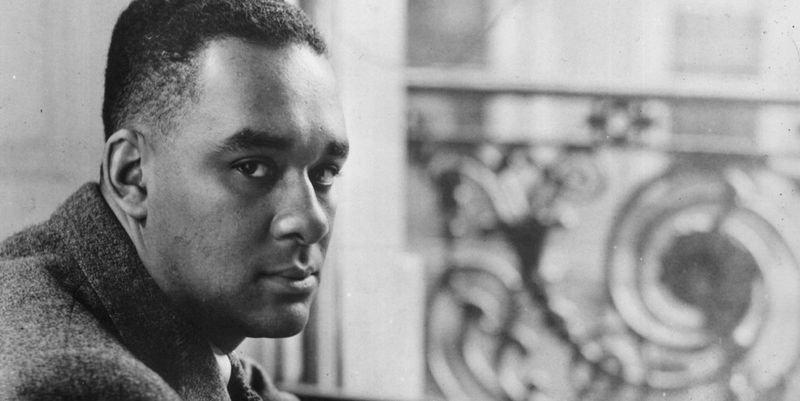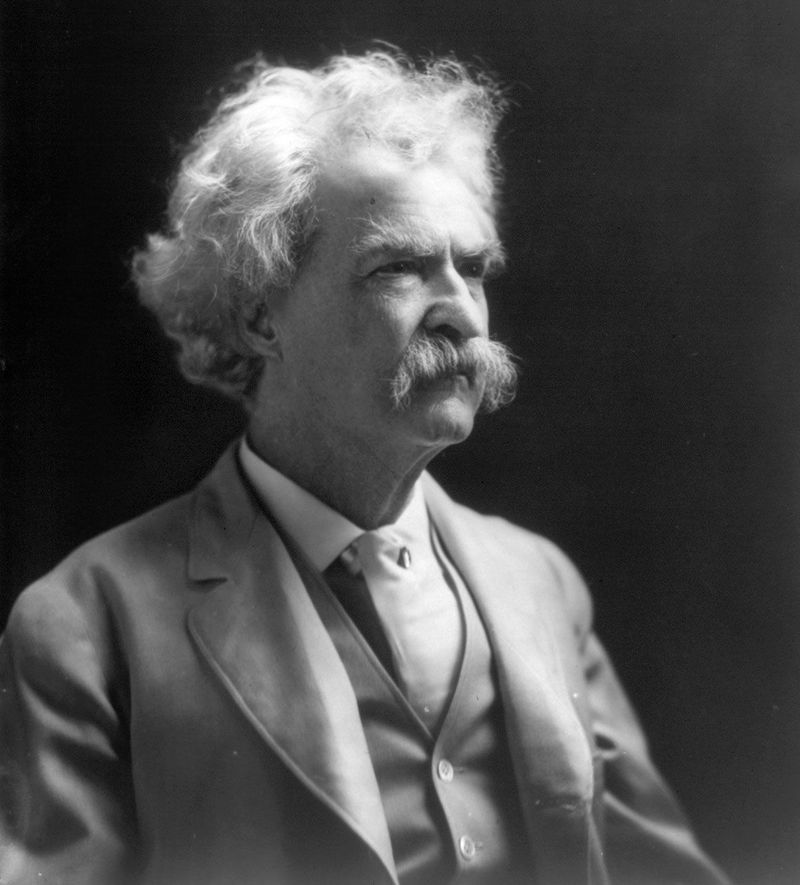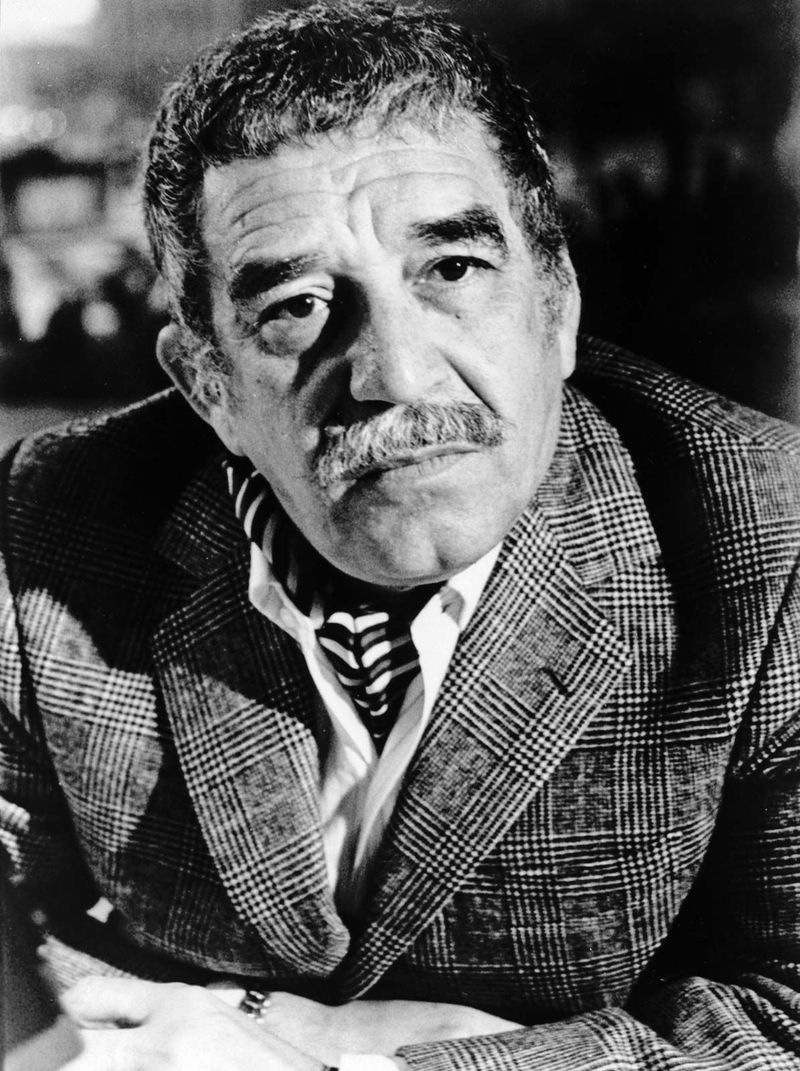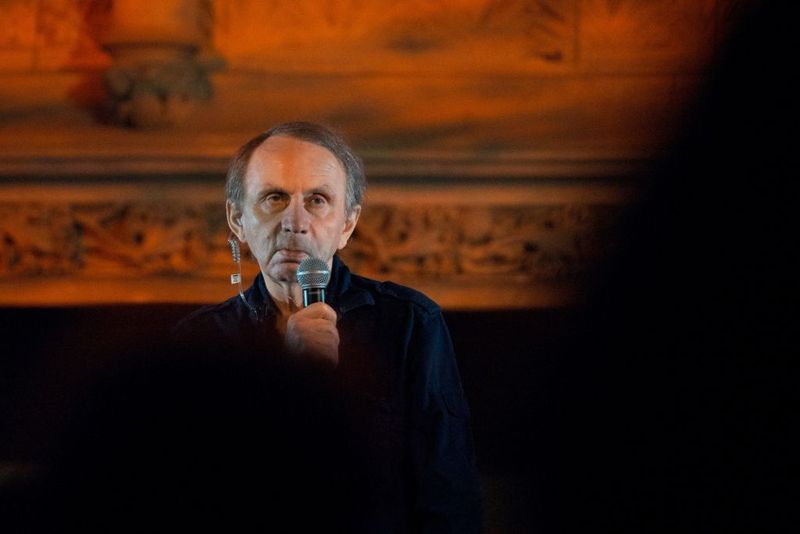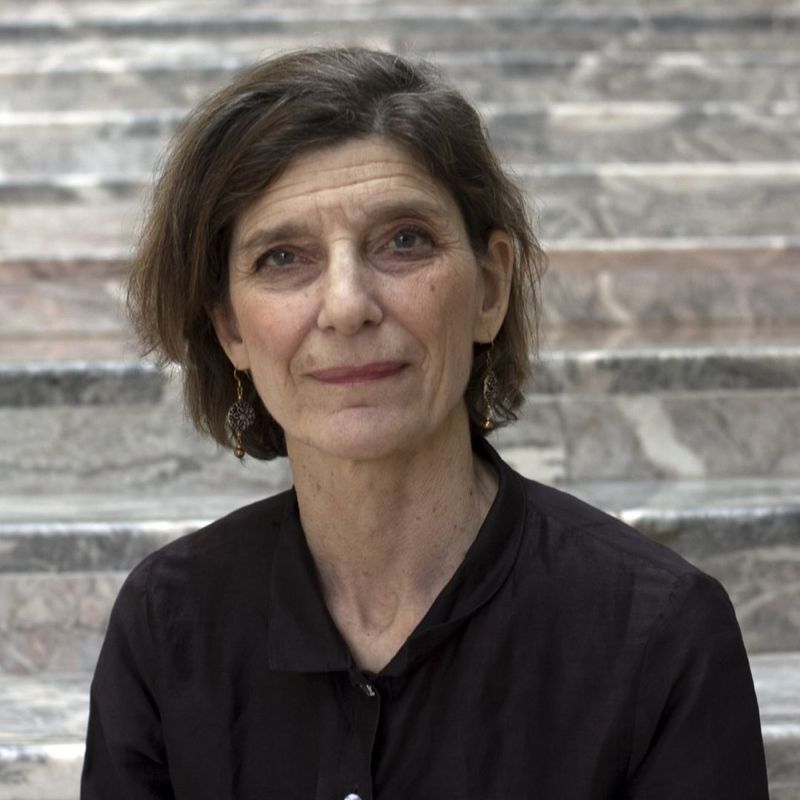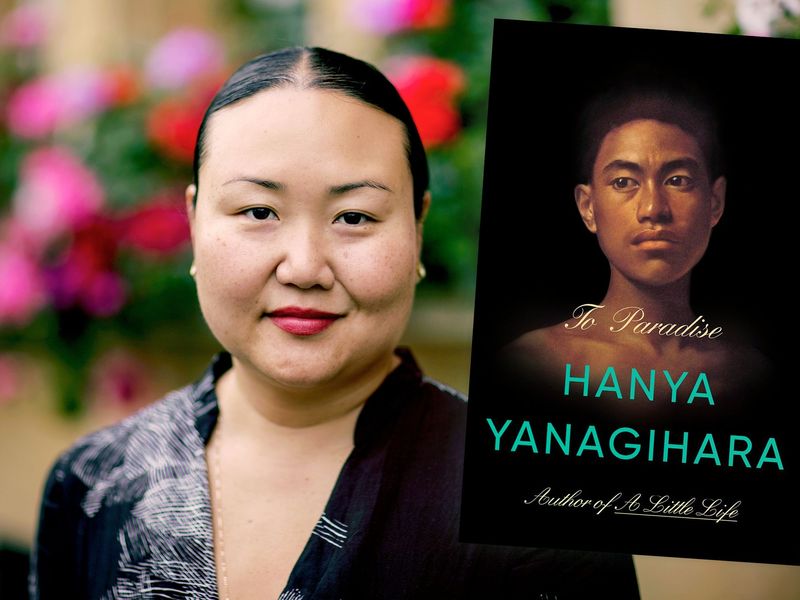Throughout history, certain authors didn’t just write stories—they shattered norms, challenged authority, and lit fires under the world’s conscience. These 23 writers didn’t play it safe—and the world of literature was never the same again.
1. Harriet Beecher Stowe
Harriet Beecher Stowe’s ‘Uncle Tom’s Cabin’ was more than just a novel; it was a clarion call for justice. Written at a time when America was divided on the issue of slavery, it was condemned in the South for its anti-slavery message. Stowe’s vivid storytelling and compelling characters humanized the plight of enslaved people, fueling abolitionist sentiment. Her work didn’t just reflect the era’s tensions; it actively shaped the course of history, awakening a nation’s conscience.
2. James Joyce
James Joyce shattered literary conventions with his groundbreaking novel ‘Ulysses’. The book was immediately banned for obscenity, as its candid exploration of human thought and desire unnerved the conservative society of the time. Yet, Joyce’s masterful use of stream-of-consciousness narrative redefined modernist literature, challenging readers to see the beauty in everyday life. His audacious prose turned the literary world upside-down, forever changing how stories could be told.
3. George Orwell
George Orwell wielded his pen like a sword, incisively critiquing totalitarian regimes through ‘1984’ and ‘Animal Farm’. His works sparked outrage among those in power, who saw their oppressive practices laid bare. Orwell’s penetrating insights into the mechanics of control and surveillance cemented dystopian literature as a potent tool for political critique. His tales of resistance and rebellion continue to resonate, urging readers to question the structures that govern them.
4. D.H. Lawrence
D.H. Lawrence’s ‘Lady Chatterley’s Lover’ was a bold exploration of sexuality that scandalized its contemporary audience. Banned for its explicit content, the novel dared to challenge societal norms around intimacy and desire. Lawrence’s work was not merely provocative; it was a profound statement on personal freedom and censorship. In defying convention, he paved the way for future generations to explore the depths of human passion without fear of reprisal.
5. Salman Rushdie
Salman Rushdie, with a pen that defied borders, authored ‘The Satanic Verses’. This provocative narrative led to widespread outrage, especially among Muslim communities who found it blasphemous. The impact was so significant that a fatwa was issued against him, igniting a global debate on freedom of expression. Rushdie’s work didn’t just challenge religious sentiments; it forced the world to confront the delicate balance between artistic freedom and religious respect.
6. Maya Angelou
Maya Angelou’s ‘I Know Why the Caged Bird Sings’ resonated with countless readers through its candid exploration of race and trauma. Though banned in some circles for its raw honesty, the book empowered the voices of Black women in literature. Angelou’s lyrical storytelling and resilience marked a turning point in the depiction of personal and collective struggles. Her narrative not only captured the pain of her experiences but also ignited hope and inspiration for the future.
7. Vladimir Nabokov
Vladimir Nabokov’s ‘Lolita’ shocked readers with its daring exploration of taboo subjects. The novel’s unsettling themes were met with outrage and discomfort, challenging societal boundaries of narrative perspective. Nabokov’s intricate prose and complex characters pushed literary conventions, inviting readers to grapple with morality and empathy in unexpected ways. His work persists as a provocative exploration of the darker corners of human desire.
8. Toni Morrison
Toni Morrison’s novels, including ‘Beloved’, confront the harsh realities of racism, trauma, and history with unflinching honesty. Her work was received with both acclaim and controversy, as it forced society to confront its darkest truths. Morrison’s eloquent prose and poignant storytelling elevated African-American literature to global prominence, forever changing the landscape of narrative art. She gave voice to those long silenced, reshaping the dialogue around race and identity.
9. Jean-Paul Sartre
Jean-Paul Sartre’s embrace of atheism and existentialism challenged the status quo during tumultuous times. His philosophical writings ignited debates over freedom, existence, and morality, provoking both admiration and outrage. Sartre’s radical thoughts influenced a generation, blending philosophy with literature in an unprecedented manner. His legacy persists as an enduring testament to the power of ideas to question reality and inspire change.
10. Margaret Atwood
Margaret Atwood’s ‘The Handmaid’s Tale’ struck a nerve with its chilling vision of a dystopian future. The book’s unsettling themes about gender and power resonated deeply, sparking conversations and criticism. Atwood’s foresightful narrative inspired generations of feminist and dystopian writers, prompting society to reflect on the erosion of rights and autonomy. Her cautionary tale remains a powerful reminder of the fragility of freedom.
11. Oscar Wilde
Oscar Wilde’s life and work were a testament to the power of artistic freedom and individualism. Prosecuted for his sexuality, Wilde’s trials became emblematic of the struggle for queer expression in a repressive society. His literary achievements, including ‘The Picture of Dorian Gray’, continue to enchant with their wit and insight. Wilde’s legacy as a martyr for artistic freedom remains a poignant reminder of the cost of authenticity.
12. Chinua Achebe
Chinua Achebe’s ‘Things Fall Apart’ offered a powerful critique of colonialism from an African perspective. His novel challenged the Western view of African culture and history, presenting a nuanced narrative that resonated across continents. Achebe’s eloquent storytelling redefined African literature, bridging cultural divides and fostering a greater understanding of the complexities of identity and heritage. His work endures as a testament to the profound impact of storytelling in shaping global consciousness.
13. Allen Ginsberg
Allen Ginsberg’s ‘Howl’ was a clarion call for change, a raw and unfiltered critique of post-war America. Its explicit content led to an obscenity trial, thrusting Ginsberg into the spotlight as a voice for the Beat Generation. His free verse poetry shattered traditional forms, capturing the restless spirit of a generation yearning for authenticity. Ginsberg’s influence extended beyond literature, igniting movements that challenged societal norms and celebrated individual freedom.
14. Aleksandr Solzhenitsyn
Aleksandr Solzhenitsyn’s ‘The Gulag Archipelago’ was a daring exposé of the Soviet labor camps, sparking outrage in a regime built on secrecy. His detailed narratives brought Cold War truths to light, inspiring resistance and change. Solzhenitsyn’s bravery in speaking against oppression earned him both admiration and exile, cementing his legacy as a symbol of courage. His work remains a powerful reminder of the human capacity for resilience and the relentless pursuit of justice.
15. Franz Kafka
Franz Kafka’s surreal tales, like ‘The Metamorphosis’, defied tradition and unsettled readers with their nightmarish quality. His unique narrative style created an entire genre of existential horror, inviting readers to question reality itself. Kafka’s work, though often misunderstood in his own time, has since become emblematic of the modern human condition. His exploration of alienation and absurdity continues to resonate, making him a cornerstone of existential literature.
16. J.K. Rowling
J.K. Rowling captured the hearts of millions with her ‘Harry Potter’ series, but faced backlash over gender identity views. Her work redefined children’s literature, blending fantasy with real-world issues, prompting cultural debates that extended beyond the page. Rowling’s storytelling prowess continues to inspire readers of all ages, as her characters navigate a world filled with magic and moral complexity. Her influence on literature and culture remains profound and enduring.
17. Richard Wright
Richard Wright’s ‘Native Son’ was a searing exploration of racism and identity in America. The novel’s raw portrayal of systemic oppression shocked readers, paving the way for realism in Black literature. Wright’s narrative courageously confronted uncomfortable truths, challenging society to reflect on its prejudices. His work not only opened doors for future writers but also sparked essential discussions about race, justice, and the human experience.
18. Mark Twain
Mark Twain’s ‘Huckleberry Finn’ revolutionized American literature with its satirical examination of society and race. Although banned for its language and themes, the novel’s candid portrayal of the antebellum South challenged readers to confront uncomfortable realities. Twain’s use of vernacular storytelling brought authenticity to his characters, shaping the voice of American literature forever. His work endures as a testament to the power of satire and the importance of questioning authority.
19. Sylvia Plath
Sylvia Plath’s ‘The Bell Jar’ offered a brutally honest insight into mental illness, resonating with readers across generations. The novel’s exploration of identity and depression was met with both acclaim and controversy, as it defied societal expectations of women’s roles. Plath’s lyrical prose and unflinching honesty gave voice to the struggles of many, inspiring a new wave of feminist literature. Her work remains a poignant exploration of the human psyche.
20. Gabriel García Márquez
Gabriel García Márquez’s ‘One Hundred Years of Solitude’ bridged the gap between magical realism and political discourse. His narrative weaved together the fantastical and the real, challenging readers to see beyond the surface of societal norms. Márquez’s work brought Latin American literature to the global stage, offering a new lens through which to view the complexities of history and culture. His legacy endures in the vivid and transformative power of his storytelling.
21. Michel Houellebecq
Michel Houellebecq’s works, often accused of Islamophobia and nihilism, have sparked essential debates about modern Europe’s cultural landscape. His provocative narratives challenge readers to confront uncomfortable truths and question societal norms. Houellebecq’s unapologetic exploration of radical themes invites discourse on identity, politics, and the human condition. His influence on contemporary literature is profound, as his works continue to evoke strong reactions and discussions.
22. Elena Ferrante
Elena Ferrante’s decision to remain anonymous defied industry norms, allowing her work to shine without the distraction of fame. Her ‘Neapolitan Novels’ captivated readers worldwide, with rich narratives that explored friendship, identity, and societal change. Ferrante’s anonymity challenged the notion of celebrity in literature, proving that powerful stories speak for themselves. Her novels remain a testament to the enduring impact of authentic storytelling.
23. Hanya Yanagihara
Hanya Yanagihara’s ‘A Little Life’ shocked readers with its unrelenting depiction of trauma and friendship. Her narrative pushed the boundaries of emotional endurance, challenging readers to engage deeply with its characters’ struggles. Yanagihara’s exploration of pain and resilience resonated profoundly, sparking conversations about the limits of empathy and the power of literature to illuminate the human condition. Her work stands as a testament to the transformative potential of storytelling.
